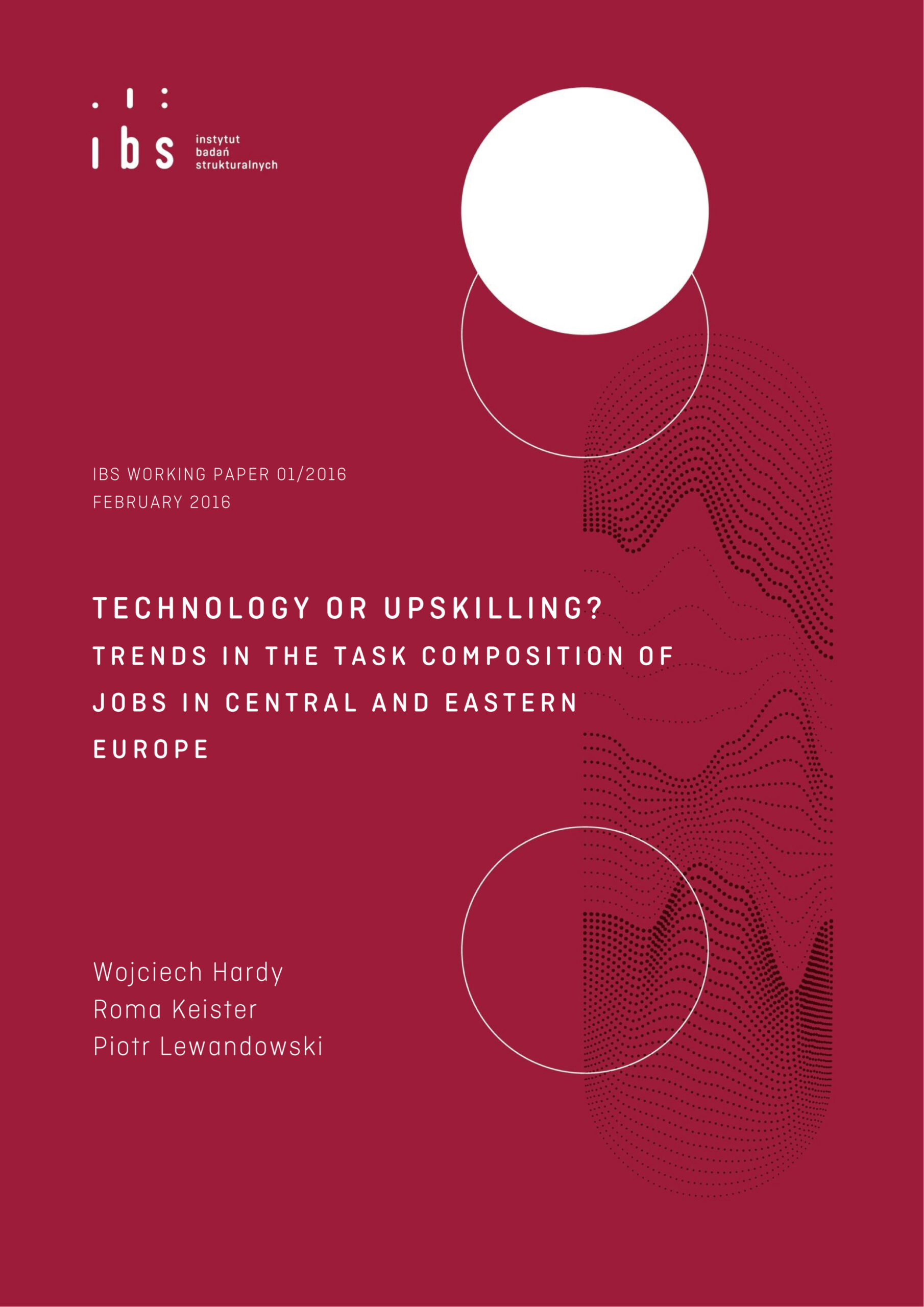In this paper we analyse the changes in the task content of jobs in Central and Eastern European countries between 1998 and 2013. We link the O*NET data on occupational characteristics with EU-LFS, following the approach of Autor, Levy and Murnane (2003) as well as Acemoglu and Autor (2011). We find that the CEE countries witnessed similar trends of rising intensity of non-routine cognitive tasks, and a decreasing intensity of manual tasks, although they differed with regards to changes in the routine cognitive task content. We identify the contribution of structural and within-sector changes to this evolution of tasks. Furthermore, we assess the relative role played by education and technology in the development of task contents. Our results show that workforce upskilling was the major factor behind the evolution of non-routine cognitive and manual tasks in CEE, whereas structural changes have shaped routine cognitive tasks. Finally, we show that the evolution of task content was not uniform across cohorts, and a shift to non-routine tasks was most abundant among the youngest cohorts.

We would like to thank Szymon Górka for his excellent research assistance, as well as the participants of IBS Jobs Conference 2015 in Warsaw and Conference on Urbanization, Structural Change, and Employment at Hong Kong University of Science and Technology for insightful comments. This paper was financially supported by the Network for Jobs and Development initiative under the auspices of the World Bank. Usual disclaimers apply. All errors are ours. The first version of the paper was published in February 2016. The revised version was published in July 2016.
Institute for Structural Research (IBS), Faculty of Economic Sciences and Digital Economy Lab (DELab), University of Warsaw

